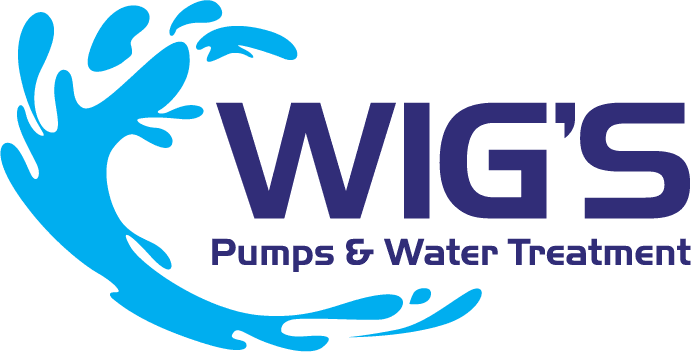How to Choose the Best System Water for Your Home and Health Needs
Selecting the right system water for your home is not only a matter of taste but also essential for your health. According to a recent report by the American Water Works Association, over 85% of U.S. households rely on some form of water treatment system, highlighting the growing concern for water quality among consumers. With increasing awareness of contaminants such as lead, chlorine, and heavy metals, it has become crucial to understand the different types of water systems available.

Dr. Emily Waters, a leading expert in water quality research, emphasizes the importance of choosing the right system when she states, “The water we consume directly impacts our overall health; investing in a reliable water treatment system is not just a luxury, but a necessity.” This insight refines the focus on understanding system water categories, from reverse osmosis to filtration systems, each catering to specific health needs. As you consider the ideal system water for your home, it's essential to evaluate how each option aligns with your unique health requirements and lifestyle—ensuring that every drop you consume contributes positively to your well-being.
Understanding the Importance of Water Quality for Health and Home Wellness
Water quality is essential for maintaining health and ensuring wellness at home. As highlighted in various reports, the global water market, including functional water, is seeing significant growth, with expectations for the functional water market to reach USD 29.37 billion by 2031. This increase underscores a rising awareness among consumers about the importance of drinking safe and high-quality water. In Vietnam, the water purification market is projected to grow from USD 523.2 million in 2024 to USD 1.1792 billion by 2032, reflecting a compound annual growth rate of 10.7%. This growth indicates a shift towards better water quality in households, which is crucial for overall health.
Moreover, the recent United Nations World Water Conference emphasizes the critical need for actions that improve water access, sanitation, and hygiene for populations worldwide. Addressing water challenges is vital for sustaining health and promoting well-being, especially given that nearly 2.4 billion disabled children face various challenges in achieving their rights, many of which are related to adequate healthcare and clean water access. Reports from the World Health Organization and UNICEF call for a transformative approach to water management to ensure that everyone can enjoy the benefits of safe water and sanitation solutions.

Evaluating Different Types of Water Systems: Pros and Cons
When evaluating different types of water systems for your home, it’s essential to consider the pros and cons of each option. Reverse osmosis systems are popular for their ability to remove a wide range of contaminants, including heavy metals and chlorine. They provide clean, safe drinking water but can waste significant amounts of water during the filtration process. Additionally, some argue that beneficial minerals are also stripped away, impacting the water's taste and health benefits.
On the other hand, activated carbon filters are known for improving the taste and odor of water, effectively reducing impurities like chlorine. These systems are generally more affordable and easy to install, making them attractive for many households. However, they may not eliminate all harmful contaminants, such as nitrates or heavy metals, making them less comprehensive than reverse osmosis systems. Therefore, when selecting a water system, it's crucial to evaluate your specific health needs, budget, and the quality of your local water supply to make an informed decision.
Expert Recommendations for Water Filtration Systems Based on Common Contaminants
When choosing the best water filtration system for your home, it's crucial to understand the common contaminants that may be present in your tap water. Recent expert analysis indicates that nearly half of U.S. tap water contains PFAS, often referred to as "forever chemicals," which can lead to serious health concerns. This highlights the importance of selecting a filtration system specifically designed to remove such harmful substances. Dual-stage filtration systems have been noted for their reliability in addressing various contaminants, making them a highly recommended option for homeowners.
In addition to systems targeted at PFAS, research shows that water filter jugs are effective in reducing chlorine, heavy metals, and microplastics, each of which can impact both health and taste. According to industry recommendations, under-sink filters also provide a robust solution for families, as they can be tailored to remove a range of pollutants while ensuring you have access to clean, safe water directly from your tap. With these considerations in mind, evaluating the specific filtration needs based on your local water quality can significantly enhance both your health and the overall water experience at home.
Water Contaminants Analysis Based on Common Filtration Needs
Analyzing the Impact of Water pH and Mineral Content on Overall Health
The pH level and mineral content of water play crucial roles in determining its overall health benefits. According to the World Health Organization (WHO), the optimal pH range for drinking water is between 6.5 and 8.5. A pH lower than 6.5 can lead to the leaching of harmful metals from pipes, such as lead and copper, posing significant health risks. On the other hand, alkaline water (pH above 8.5) is often marketed for its supposed health benefits, but excessive consumption can disrupt the body's natural pH balance, potentially leading to digestive issues.
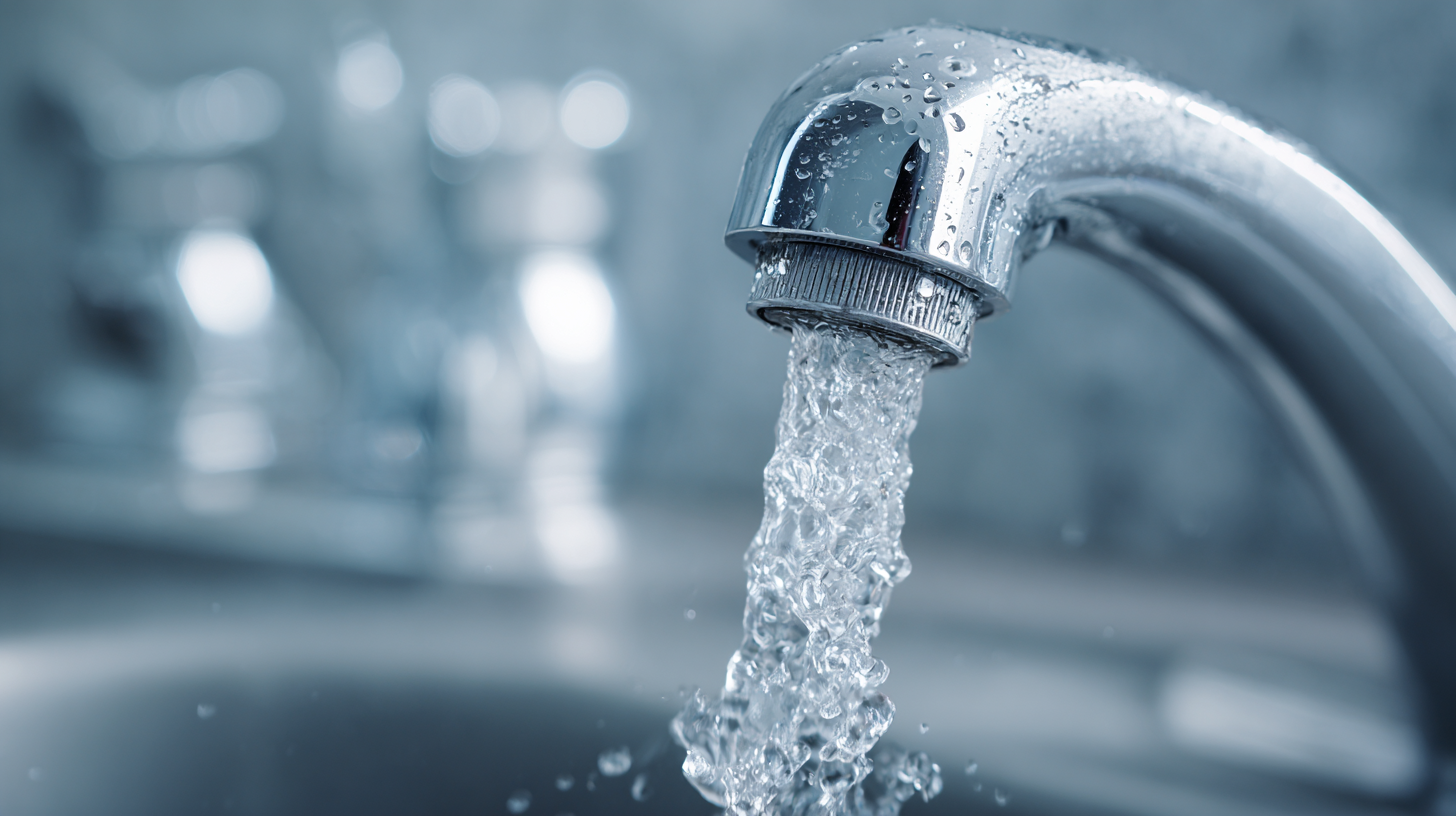
Mineral content, particularly calcium and magnesium, also significantly influences water's health benefits. A study by the Environmental Protection Agency (EPA) highlights that water rich in these minerals can reduce the risk of cardiovascular diseases and support bone health. The suggested daily intake of calcium for adults is about 1,000 mg, which can be supplemented by consuming mineral-rich water. Furthermore, the presence of beneficial minerals such as potassium can contribute to better hydration and improved muscle function. Therefore, when selecting water for your home, consider not just the pH but also its mineral profile to optimize your health outcomes.
Cost-Benefit Analysis of Investing in a High-Quality Home Water System
Investing in a high-quality home water system can yield significant long-term benefits, both for health and financial savings. Initially, the cost of installing such a system may seem daunting, but it is essential to consider the cumulative expenses associated with bottled water, frequent filter replacements, and potential health issues from contaminated tap water. Quality systems often provide cleaner, safer water and can reduce reliance on expensive bottled alternatives, leading to substantial savings over time.
A cost-benefit analysis clearly demonstrates the advantages of prioritizing water quality. With a reliable home water system, families can enjoy peace of mind knowing they are consuming purified water that meets health standards. Additionally, the reduction of single-use plastic bottles contributes to environmental sustainability, making the investment not just financially sensible but also ethically responsible. By analyzing long-term costs against immediate expenses, homeowners can make informed decisions on which system best suits their needs while enhancing their health and well-being.
Related Posts
-

Exploring the Essential Role of Water Systems in Sustainable Urban Development and Climate Resilience
-

Transform Your Life with the Ultimate Water System: Discover Healthier Hydration Today!
-
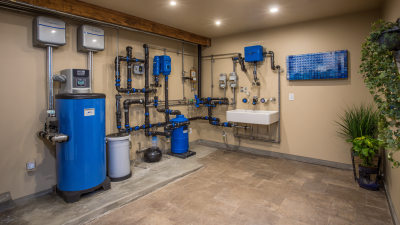
Innovative Water Treatment Systems for Sustainable Solutions in Your Home
-
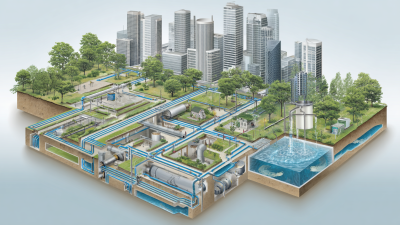
Innovative Water System Solutions for Sustainable Urban Development
-
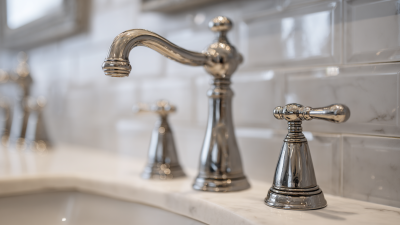
How to Choose the Best Hard Water System for Your Home Featuring Expert Reviews and Industry Data
-

Unlocking the Future: How Water Reclamation Systems Can Revolutionize Urban Sustainability
